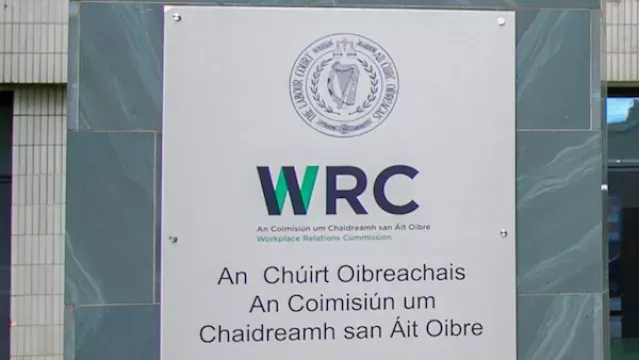A Closer Look at Public Holiday Entitlements
Employees in Ireland are entitled to ten paid public holiday per year.
While the term Public Holiday and Bank Holiday are often used interchangeably, there is a difference and it is only the ten Public Holidays that an employee is entitled to paid for under the Organisation of Working Time Act 1997. (OWTA)
* Good Friday is not a Public Holiday and is a normal working day.
Public holidays are:
New Year's Day (1 January)
First Monday in February, or 1 February if the date falls on a Friday
Saint Patrick's Day (17 March)
Easter Monday*
First Monday in May
First Monday in June
First Monday in August
Last Monday in October
Christmas Day (25 December)
Saint Stephen's Day (26 December)
Easter Monday is the only public holiday that the date will change significantly from year to year.
Calculating Public Holidays
An employee is entitled to whichever of the following the employer determines:
a) a paid day off on that day
b) a paid day off within a month of that day
c) an additional day of annual leave
d) an additional day of pay
The entitlement to the benefit for Public Holidays begins immediately at the commencement of employment for Full-time employees; Part-time employees however must have worked a minimum of 40 hours in the previous 5 weeks to gain the entitlement.
When an employee works on a public holiday, in that case they are entitled to be paid for the day in accordance with their terms and conditions of employment. In addition, they also have an entitlement to benefit for the public holiday as follows;
If the business is open and the employee works on that day, in that case, the employee is entitled to be paid for that day and to either, an additional day of annual leave, a paid off within a month, or an additional day's pay. Where an employee is on a fixed rate (i.e. hourly rate/salary) that does not vary in relation to the work done, this additional day's pay is calculated based on the payment they received for the normal daily hours last worked before the public holiday.
If an employee is not normally rostered to work on the day that the Public Holiday falls, then they will be entitled to one-fifth of their normal weekly wage. As above, where an employee’s pay does not vary in relation to the work done (i.e. hourly/salary), this normal weekly wage, is calculated based on the normal weekly hours last worked before the public holiday;
If the business is closed on the public holiday and an employee would normally be due to work, then they get their normal day's pay or can receive a paid day off within one month or receive an additional day of annual leave.
Where the public holiday falls on a day which is not a normal working day for that employee such as a weekend and an employer chooses to give an additional day off, this does not have to fall on the Monday, contrary to what some people might believe, this must however be given within one month of the Public Holiday.
Entitlement After Leaving Employment
If an employee ceases to be employed for any reason during the week ending on the day before a public holiday, having worked during the 4 weeks preceding that week, then the employee is entitled to receive pay for the public holiday.
Note to Employers
Although it can seem easier to apply a one size fits all approach to calculating Public Holidays, it is important to make sure that the way you are calculating them is compliant and that you do not leave your business exposed to claims of underpayment.
For advice and guidance on Public Holiday calculation, please contact the team at MSS today.












